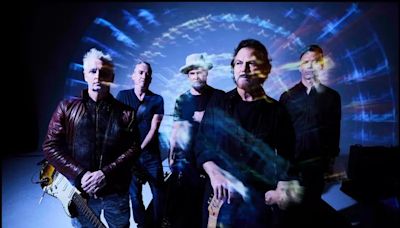Search results
Evolution is the way that living things change over time. The first person who explained how evolution happens was Charles Darwin with his scientific theory of natural selection.
Evolution is the change in the heritable characteristics of biological populations over successive generations. It occurs when evolutionary processes such as natural selection and genetic drift act on genetic variation, resulting in certain characteristics becoming more or less common within a population over successive generations.
Jun 3, 2024 · evolution, theory in biology postulating that the various types of plants, animals, and other living things on Earth have their origin in other preexisting types and that the distinguishable differences are due to modifications in successive generations.
Evolution 101. An introduction to evolution: what is evolution and how does it work? The history of life: looking at the patterns – Change over time and shared ancestors; Mechanisms: the processes of evolution – Selection, mutation, migration, and more; Microevolution – Evolution within a population; Speciation – How new species arise
Charles Darwin's theory of evolution by natural selection made us rethink our place in the world. The idea that humans shared a common ancestor with apes was a challenge to the foundations of ...
Jun 8, 2024 · human evolution, the process by which human beings developed on Earth from now-extinct primates. Viewed zoologically, we humans are Homo sapiens, a culture -bearing upright-walking species that lives on the ground and very likely first evolved in Africa about 315,000 years ago.
Evolution, the flagship journal of the Society for the Study of Evolution, publishes articles in evolutionary biology focused on evolutionary phenomena and processes at all levels of biological organisation.




